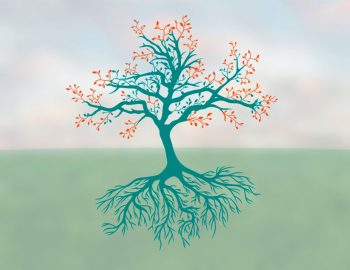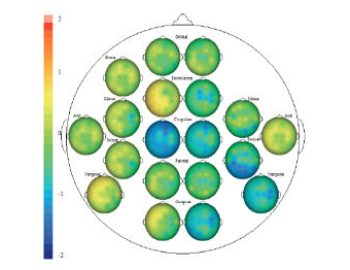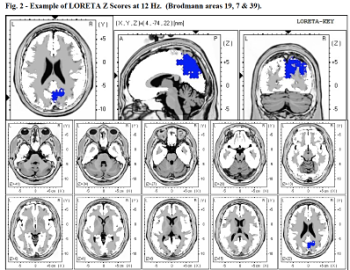Traumatic Brain Injuries

What are Traumatic Brain Injuries?
Traumatic Brain Injuries (TBI) are injuries to the brain caused by an external force. They can be focal, meaning that the damage is confined to one area of the brain, or diffuse, being more than one area of the brain. In addition, the severity of a head injury can vary from a mild TBI or concussion to severe, which can result in a coma or paralysis.
Types of TBI
Mild TBI:
- Disorientation and confusion
- Drowsiness
- Headache
- Vomiting and/or nausea
- Speech difficulties
- Short loss of consciousness
- Difficulty sleeping
- Feeling depressed and or anxious
- Mood changes
- Blurred vision
- Ringing in ears
Severe TBI:
Symptoms of Severe TBI
- Loss of consciousness up to several hours or days
- Persistent or continued headaches
- Convulsions/seizures
- Repeated vomiting or nausea
- Fluids dripping out of ears or nose
- Comas
- Loss of coordination
- Confusion
- Unusual behavior followed by extreme mood
- Slurred speech
Start your mental health journey!
Traumatic Brain Injuries
Concussions are the most common form of traumatic brain injury, experienced by millions of people worldwide. Occurring the same way as other TBI’s, these are common within contact sports such as football, where head blows or other forms of contact are common.
- Headaches
- Temporary loss of consciousness
- Amnesia or loss of memory
- Dizziness
- Speech difficulties such as slurring words
- Nausea and/or vomiting
Grade 1: mild concussion with symptoms that last less than 15 minutes and involve no loss of consciousness.
Grade 2: moderate, with symptoms that last more than 15 minutes and too, involve no loss of consciousness.
Grade 3: severe, where the person loses consciousness, even if for a few seconds.
Traumatic brain injuries can occur in several ways:
- car crash
- exposure to toxic substances
- bullet wound
- sport injury
- a metabolic disorder
- lack of oxygen
- tumors
- infections
- stroke
How we can help?
Your treatment for a brain injury will depend on the severity of the impact and the level of damage. At Elumind, you’ll find alternative and complementary therapies to assist your healing process from an integrative neuroscience perspective. Beginning with a therapeutic assessment, identifying psychological symptoms and consequences of brain injury will be necessary. Then, our QEEG Brain Mapping will give us a precise understanding of which brain areas are distressed and requiring support. Based on those findings, an advanced protocol of Neurofeedback trains those precise areas to help regain lost function. In addition, Neurofeedback therapy will help to restore sleeping patterns and reduce irritability, anxiety, and symptoms of depression.
The emotional and mental repercussions of a TBI can be addressed through Psychotherapy, such as Cognitive Behavioural Therapy and Clinical Hypnosis, and new awareness strategies can be developed.
Nutrition Counselling and Functional Medicine will allow a complete analysis of your bio-psycho-social-emotional profile of mental health, which we can use as a roadmap for treatments such as Life Coaching, Medications, and Nutritional Supplements.

Functional Medicine
Discover how functional medicine can restore your health through a holistic (whole mind/body) approach.

Life Coaching
Learn how our coaches can work with you to help you navigate your way through life’s obstacles and achieve the goals that are valuable to you.

QEEG Brain Mapping
QEEG is a quick and efficient tool that allows us to gather data and diagnostic information on your brain and identify both strengths and deficiencies in your brain networks.

Neurofeedback
Discover how neurofeedback training can improve your cognitive function and optimize your brain.

Psychotherapy / Counselling
Learn how to improve your life with the help of trained psychotherapists through approaches including EMDR, Clinical Hypnosis, Cognitive Behavioral Therapy, and more.

Nutrition Counselling
nutritionists use sophisticated data from your lab results combined with details of your mental, emotional and physical health to create a practical, simple and personalized program for you.



